The Ministry of Health's report on medical examination and treatment during the Lunar New Year on January 29 (the first day of Tet) said that in the past 24 hours, there were 205 cases requiring examination and emergency care due to firecrackers and fireworks.
Medical news on January 30: There have been 205 emergency cases due to firecrackers and fireworks
The Ministry of Health's report on medical examination and treatment during the Lunar New Year on January 29 (the first day of Tet) said that in the past 24 hours, there were 205 cases requiring examination and emergency care due to firecrackers and fireworks.
205 emergency cases due to firecrackers and fireworks in the past 24 hours
According to the report, the total number of patients coming for examination and emergency treatment from the morning of January 28 to the morning of January 29 (the first day of Tet) was 59,902 people. During the 5-day Tet holiday (from January 25 to January 29), the total number of patients coming for examination and emergency treatment at medical facilities was 373,083 people. Of these, 21,683 patients had to be hospitalized for inpatient treatment in the past 24 hours, bringing the total number of inpatient treatment in the past 5 days to 105,530 people.
 |
| Illustration |
In addition, in the past 24 hours, doctors performed 2,598 surgeries, including 530 emergency surgeries. The total number of surgeries in the 5 days from January 25 to January 29 was 12,085, including 1,905 emergency surgeries.
Regarding the delivery situation, in the past 24 hours, the total number of successful deliveries and cesarean sections at hospitals was 2,057. The total number of deliveries and cesarean sections during the 5-day Tet holiday was 9,777.
As of 7:00 a.m. on the first day of Tet, the total number of patients being treated at medical facilities was 96,061.
The Ministry of Health also reported on the situation of traffic accident emergencies. In the past 24 hours, there were 3,676 traffic accident emergencies, bringing the total number of traffic accident emergencies in the past 5 days to 13,608 people. Of these, 1,349 cases required inpatient treatment or observation, with a total of 5,279 people hospitalized due to traffic accidents in the past 5 days.
Notably, during the 5-day Tet holiday, the number of deaths due to traffic accidents was 82 cases.
Regarding accidents related to fireworks and weapons, in the past 24 hours, there were 205 emergency cases due to fireworks and firecrackers. In addition, there were also 14 emergency cases due to accidents caused by homemade weapons and explosives.
In total, from January 25 to the morning of January 29, there were 282 emergency cases due to firecrackers and fireworks and 36 emergency cases due to homemade weapons. There have been no deaths recorded due to these accidents.
According to information from the food safety monitoring system, from 12:00 on January 28 to 12:00 on January 29, 2025, no food poisoning cases were recorded nationwide.
Regarding the supply of drugs and medical services, the Ministry of Health said that medical facilities have prepared enough drugs to serve the work of medical examination and treatment and disease prevention. As of 12:00 on January 29, the Ministry of Health has not received any feedback on drug shortages, drug price increases or poor quality of drugs in medical examination and treatment.
How to prevent food poisoning during Tet
Regarding food poisoning and digestive disorders, in the past 24 hours (from 7am on January 28 to 7am on January 29), there were 82 cases requiring emergency treatment due to digestive disorders, poisoning from homemade food, and intoxication from beer/alcohol, of which 31 cases had to be hospitalized for monitoring and treatment. In total, in the past 5 days, there were 379 cases requiring examination and emergency treatment for this reason, of which 192 people had to be hospitalized for monitoring and treatment. Fortunately, no deaths have been recorded.
Lunar New Year is an important holiday to gather with family and friends, however, this is also a time when health problems are likely to occur, especially food poisoning.
Food poisoning can cause serious consequences if not treated promptly, especially during Tet, when many families often use processed foods, experiment with new dishes or store food improperly. To help you protect the health of your whole family, below is necessary information about the causes of food poisoning during Tet and effective prevention methods from experts at Phu Tho General Hospital.
One of the leading causes of food poisoning during Tet is the use of unsanitary food and food of unknown origin. Foods that are not guaranteed in quality, such as spoiled ingredients, contain toxic chemicals or are of unknown origin, can easily lead to poisoning.
Furthermore, during Tet, many families have the habit of buying processed foods from stores or markets, but if the food is not guaranteed in terms of quality and food hygiene and safety, the risk of poisoning is very high. In addition, unsanitary food preparation and processing is also an important factor that increases the rate of food poisoning.
In particular, dishes containing raw food ingredients such as salad, rare meat, raw fish, etc., if not cooked thoroughly, will contain bacteria, parasites or viruses that cause poisoning.
Improper food storage is also a common cause of food poisoning during Tet. If pre-prepared foods are not stored in the refrigerator or left at room temperature for too long, bacteria will grow and cause poisoning. In addition, Tet is also a time when many families experiment with new dishes or strange foods. However, if consumers do not understand how to prepare and the characteristics of these foods, they may experience unwanted poisoning reactions.
When food poisoning occurs, the body will have obvious signs and symptoms. Common symptoms include severe abdominal pain or a feeling of heaviness in the abdomen, indigestion, nausea and vomiting (sometimes with bile), diarrhea (loose stools, possibly with blood or mucus), low-grade fever, feeling tired or chilled, dry mouth, thirst, and can lead to dehydration if not replenished with water promptly. If these symptoms persist or become severe, seek medical attention immediately for timely diagnosis and treatment.
To prevent food poisoning during Tet, people need to follow some important principles: Choose fresh food with clear origin: Buy food from reputable stores and supermarkets with food hygiene and safety certificates. If buying food from the market, pay attention to the quality and origin of the product.
Cook food thoroughly: Make sure food is thoroughly cooked, especially meat, fish, and eggs. Cooking kills bacteria, parasites, and viruses in food.
Store food properly: Food should be refrigerated if not used immediately. Keep raw and cooked foods separate, and ensure that prepared foods are kept below 5°C, avoiding leaving food out for too long.
Wash your hands and food preparation utensils thoroughly: Before preparing and eating, you need to wash your hands thoroughly with soap. Utensils such as knives, cutting boards, and dishes also need to be washed to avoid spreading bacteria. At the same time, use separate utensils for raw and cooked foods.
Do not eat expired food: Check the expiration date of food carefully, especially processed foods. Avoid using food that is expired or shows signs of spoilage.
Kitchen hygiene: A clean kitchen environment will reduce the risk of bacterial contamination and food poisoning. Make sure the food preparation area is always clean, especially the utensils that come into direct contact with food.
Get into trouble because of delaying medical examination
The fear of going to the hospital during Tet is still quite common, which can lead to critical cases due to missing the "golden time" for emergency care, even affecting life. Below are 5 signs that everyone needs to pay special attention to during Tet, when having these symptoms, go to a medical facility immediately for timely intervention.
If you experience abdominal pain, vomiting, loose stools, or fever, this could be a sign of food poisoning. Food poisoning can cause rapid dehydration and electrolyte imbalance, so prompt medical intervention is essential to avoid dangerous complications.
If you feel abdominal pain after eating a lot, especially during Tet parties, the pain is in the upper left side of the navel, and can spread to the left back, accompanied by nausea and vomiting that does not subside, then you may have acute pancreatitis. This is an emergency condition that requires immediate emergency care to prevent dangerous complications.
If you or a loved one has symptoms such as difficulty speaking, numbness, or weakness in one or both limbs, go to the hospital immediately to rule out a stroke. This is a condition that requires urgent medical intervention, as soon as possible, to increase the chance of recovery and minimize complications.
If you have a high fever that persists and does not subside after taking fever-reducing medication, and is accompanied by difficulty breathing, you should go to the hospital immediately. This could be a sign of a serious illness such as pneumonia, sepsis, or cardiovascular disease.
Signs of alcohol poisoning may include seizures, low body temperature, unconsciousness, or unresponsiveness to calls, wheezing, mucus buildup in the mouth and throat, or weak, irregular breathing.
The skin, lips, and fingernails may turn blue or pale, and there may be other symptoms such as abdominal pain, bloating, and little urine. This is a dangerous condition that requires immediate emergency care to prevent death.
Dr. Than Manh Hung, Deputy Head of the Emergency Department at the Central Hospital for Tropical Diseases, shared that during Tet, the number of emergency cases always increases, especially patients who come late due to fear or taboo of going to the hospital at the beginning of the year. This can lead to the condition becoming more serious and making it difficult to intervene in time, seriously affecting health.
Common illnesses during Tet include traffic accidents, alcohol poisoning, weather and dietary problems, as well as internal diseases such as meningitis, influenza A, cerebrovascular complications, and food poisoning.
In addition, doctors also remind people with chronic diseases to maintain regular medication use and correct dosage during the long Tet holiday.
In particular, do not change your medication without your doctor's instructions. If you have to travel for spring, visit relatives, do not forget to bring your medication to avoid interruption in treatment, to ensure long-term effectiveness for your health.
Source: https://baodautu.vn/tin-moi-y-te-ngay-301-da-co-205-truong-hop-cap-cuu-do-phao-no-phao-hoa-d243697.html








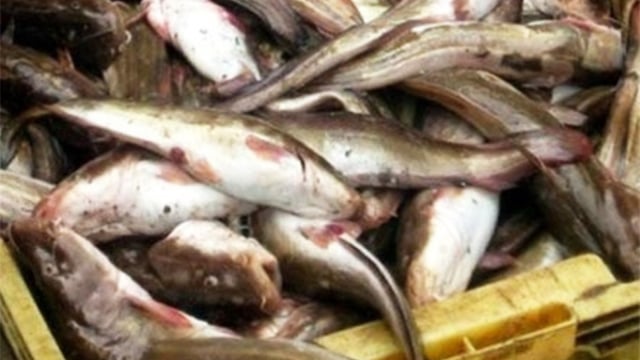

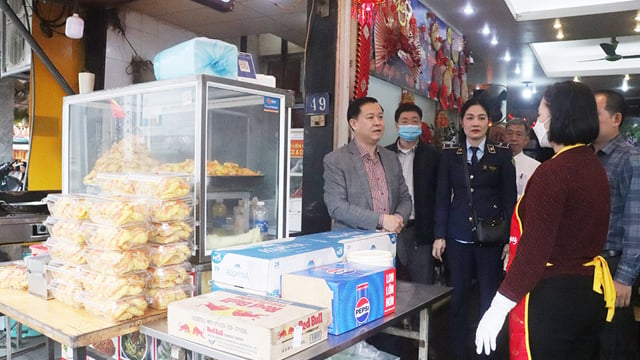

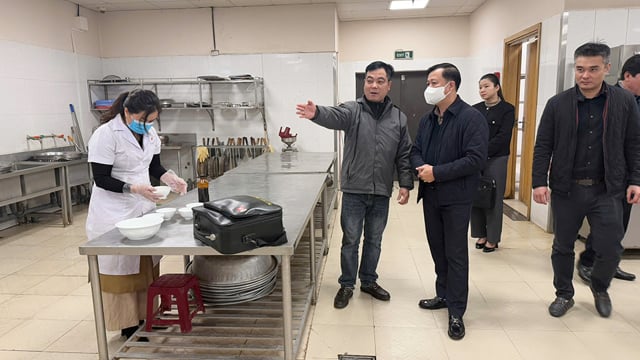
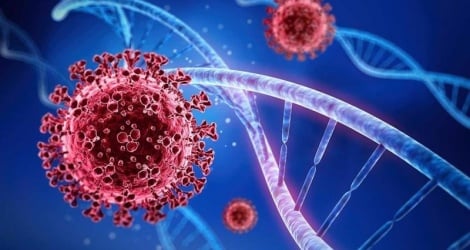


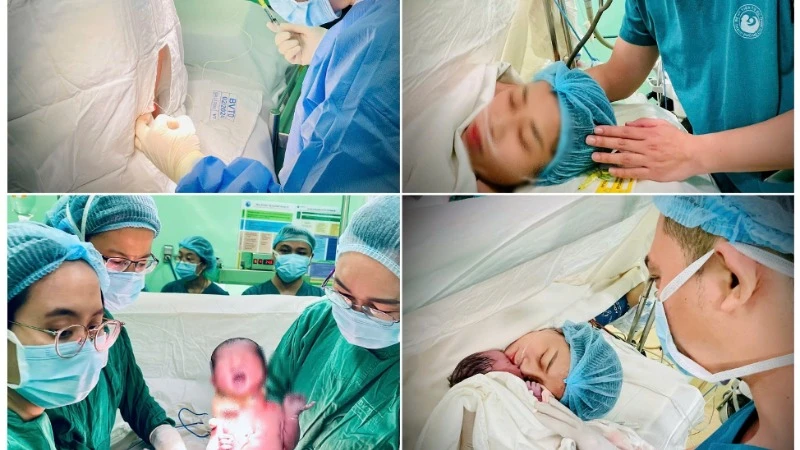




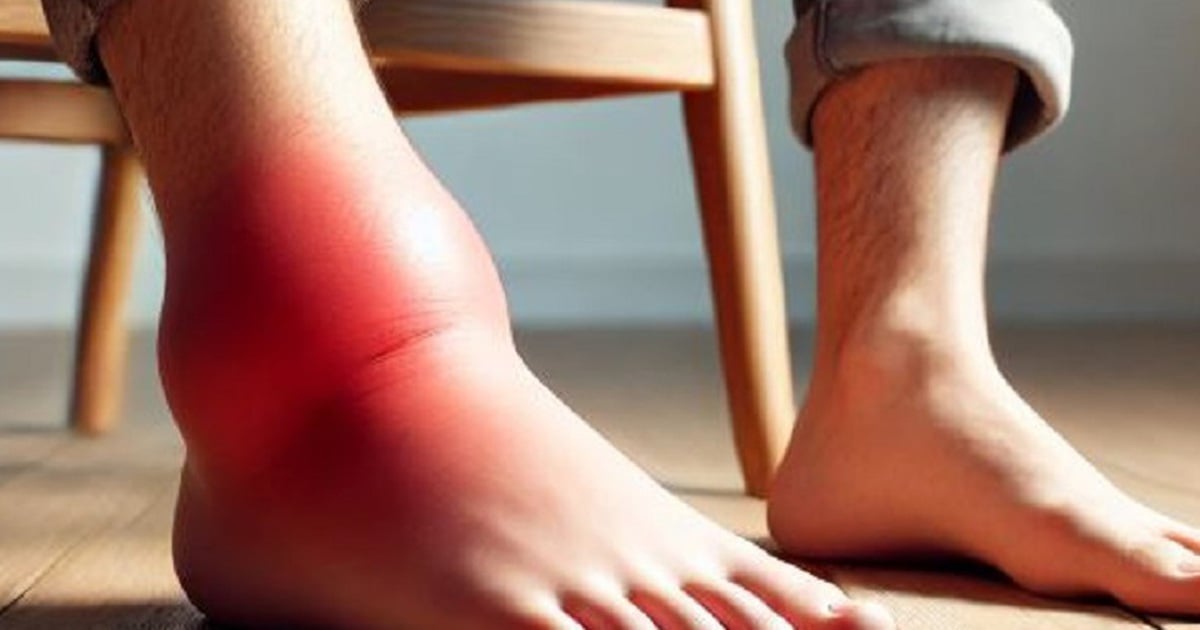

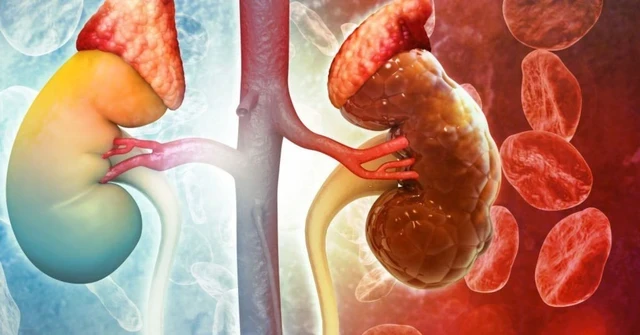














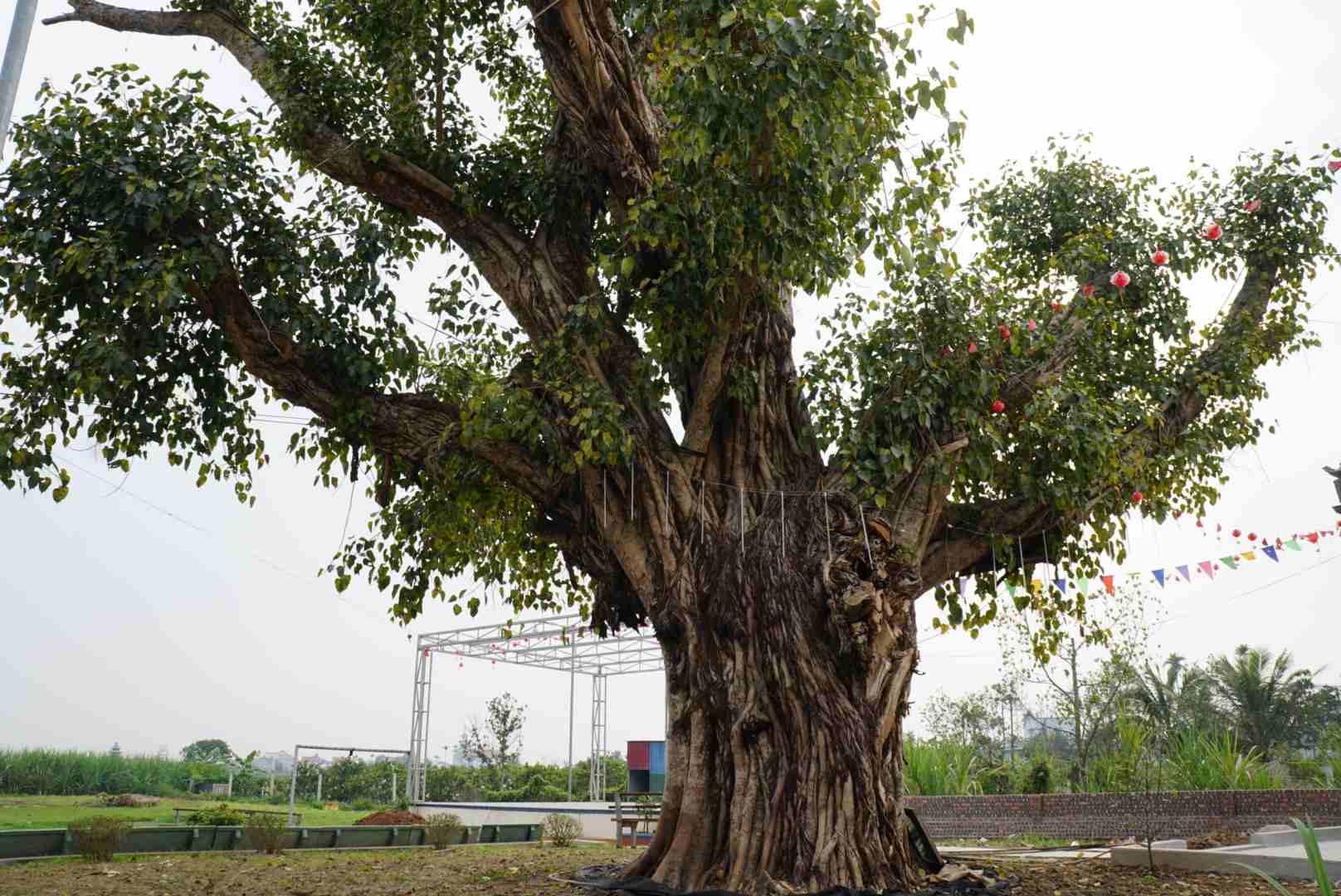







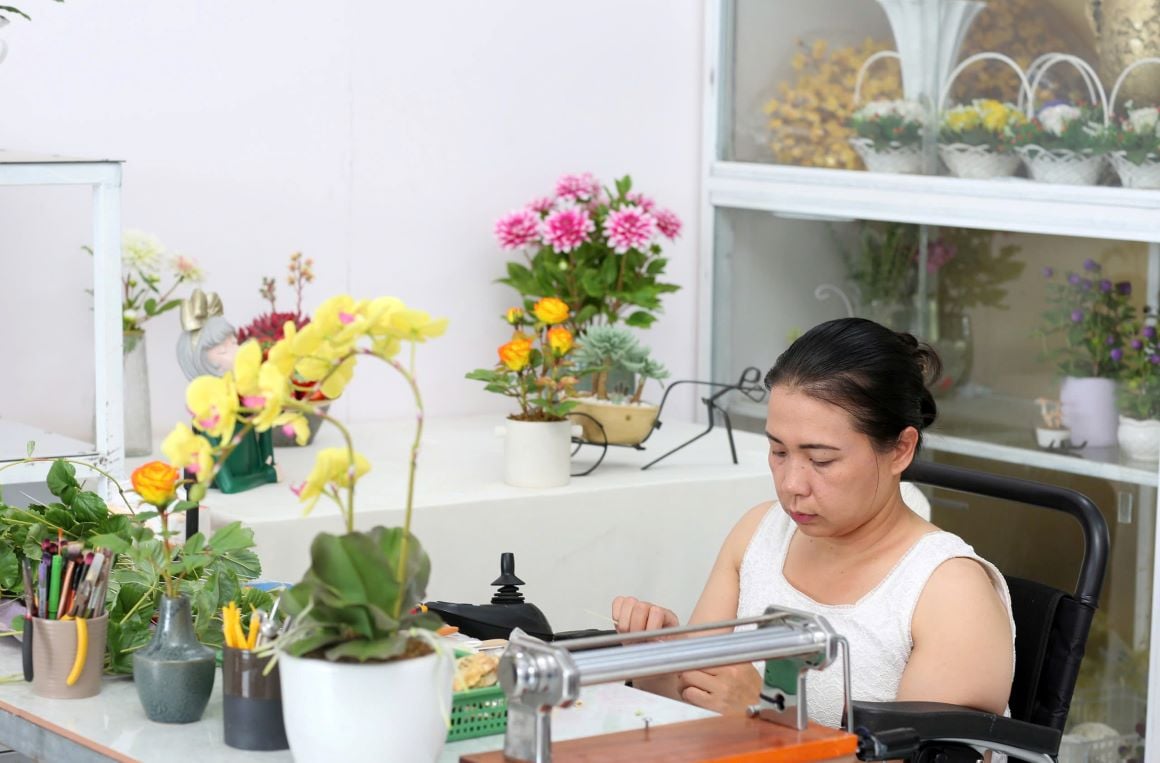


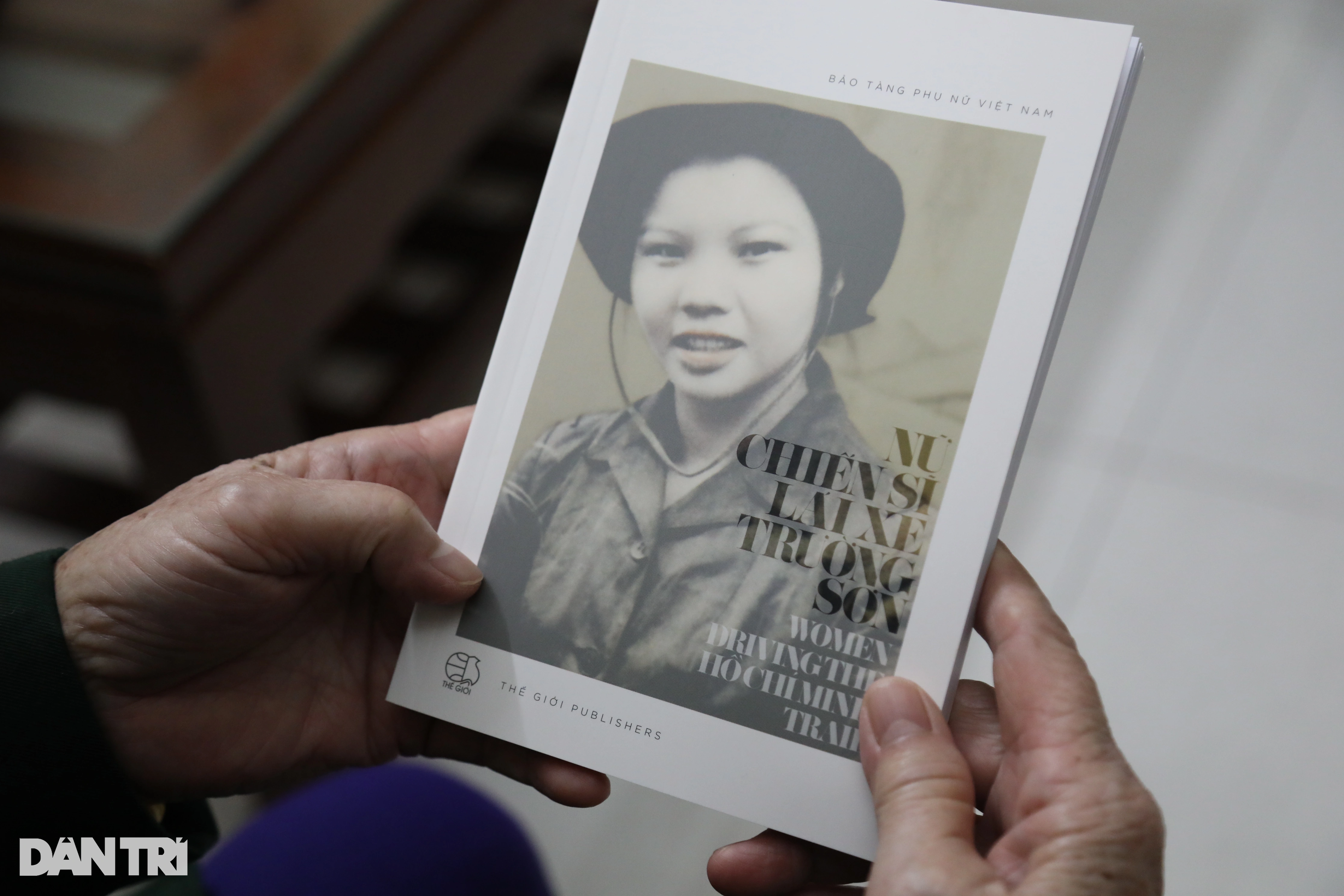





















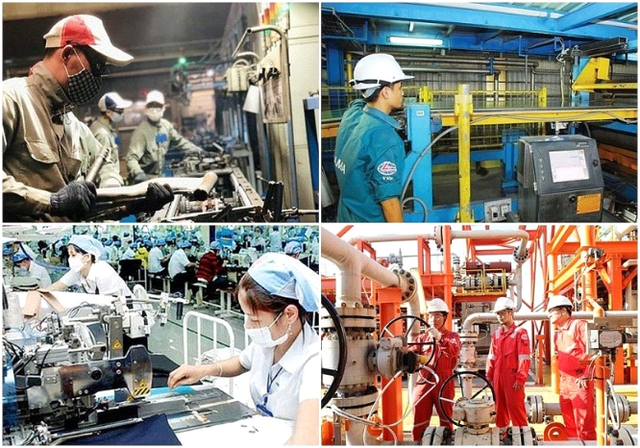




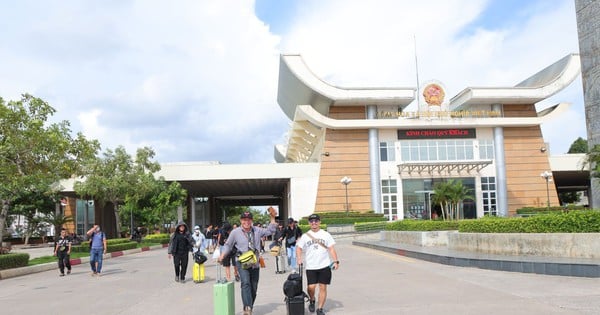












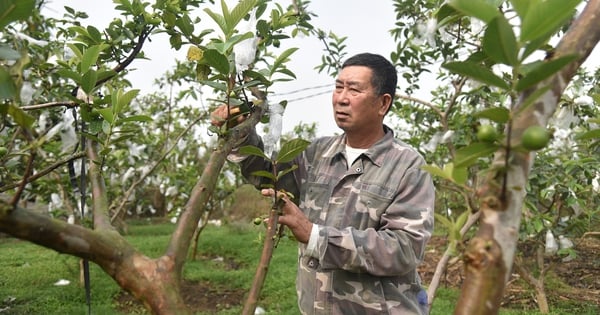

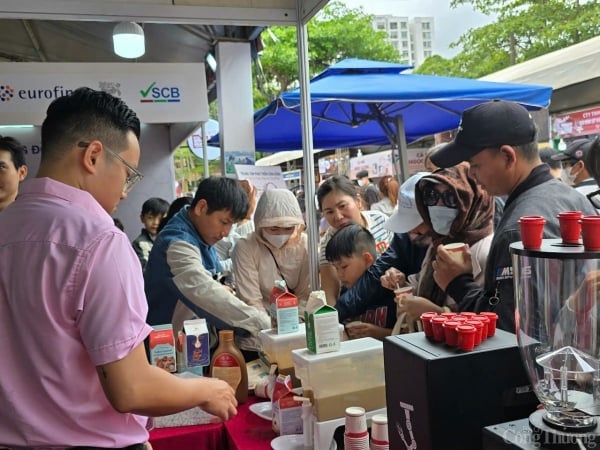

Comment (0)